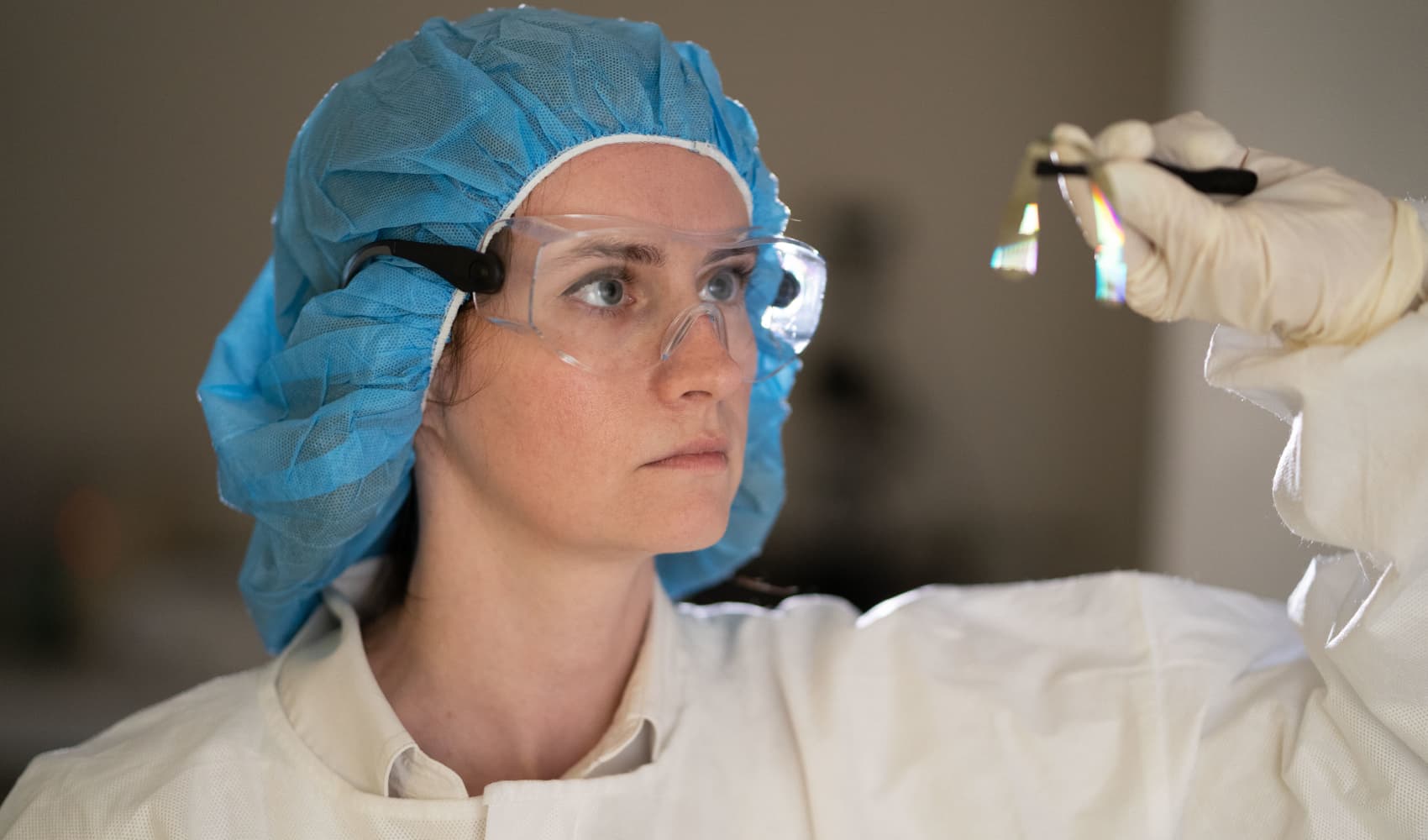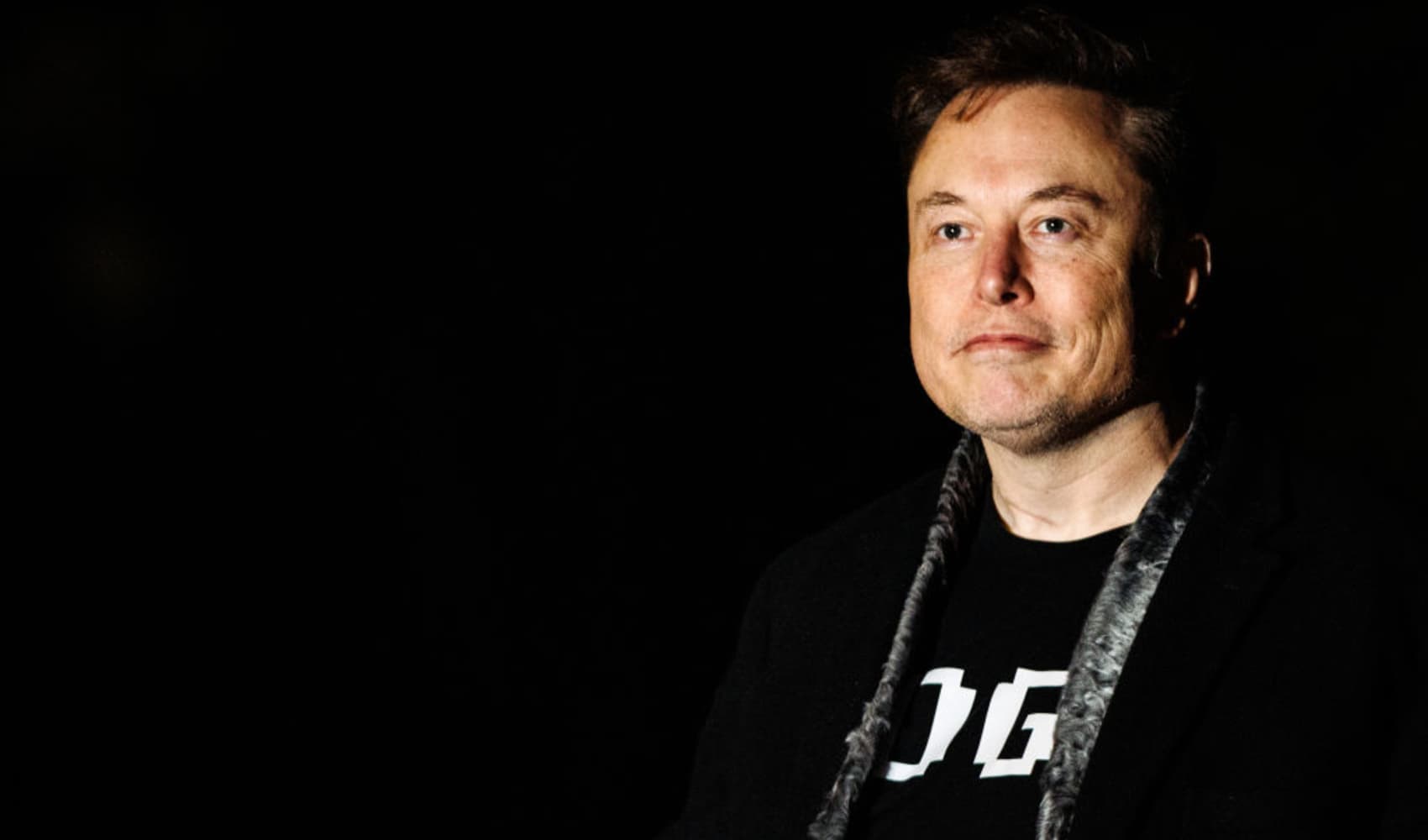FDA Clears Precision Neuroscience Brain Implant: Neuralink Rival
Brain Implant Breakthrough: Precision Neuroscience Challenges Neuralink
Introduction: A New Player in the Brain-Computer Interface Race
The future is here, or at least, it's getting closer every day. We're talking about brain-computer interfaces (BCIs), devices that promise to unlock unprecedented abilities, from restoring movement to understanding and even treating neurological disorders. Now, a new name has entered the arena: Precision Neuroscience. And they've just received a significant boost – FDA clearance for a core component of their brain implant system. This is a big deal, signaling a potential shift in the BCI landscape, currently dominated by companies like Elon Musk's Neuralink and Synchron. Is Precision Neuroscience poised to disrupt the status quo? Let's dive in.
Precision Neuroscience: What Sets Them Apart?
While the overall goal – creating a BCI to help paralyzed patients regain function – is shared by many, Precision Neuroscience is taking a unique approach. What makes them different? Their focus appears to be on a less invasive and potentially more scalable technology.
A Layer-by-Layer Approach
The company's "Layer 7 Cortical Interface", as depicted in the image, suggests a focus on surface-level interaction with the brain. This could potentially reduce the risks associated with deeper brain implantation.
The FDA Approval: A Critical Milestone
The FDA clearance isn't just a pat on the back; it's a crucial validation. It means the regulatory body has deemed the component safe enough to proceed with further research and development, bringing Precision Neuroscience one step closer to human trials. Think of it as passing the first major hurdle in a very long race.
The Promise of Brain-Computer Interfaces: Restoring Hope
The potential applications of BCIs are truly astounding. Imagine a world where someone with paralysis can control a robotic arm simply by thinking about it. Or someone who has lost the ability to speak can communicate through a computer interface. This is the promise that drives the BCI field.
Neuralink vs. Precision Neuroscience: A Competitive Landscape
Elon Musk's Neuralink has garnered significant attention with its ambitious goals and high-profile demonstrations. However, it's not the only player in the game. Precision Neuroscience's FDA clearance highlights the growing competition and diverse approaches within the BCI space. But how do they stack up?
Technology Comparison: What We Know
While details are still emerging, Neuralink's approach involves surgically implanting a device deep within the brain. Precision Neuroscience, with its Layer 7 Cortical Interface, seems to be focusing on a less invasive, surface-level connection. This could potentially lead to faster development times and reduced risk for patients. Is less invasive inherently better? Time will tell.
Funding and Resources
Neuralink, backed by Elon Musk's considerable resources, has a significant head start in terms of funding. It remains to be seen whether Precision Neuroscience can attract similar levels of investment to compete effectively.
Synchron: The Quiet Contender Backed by Bezos and Gates
Don't forget Synchron! This company, backed by Amazon's Jeff Bezos and Microsoft's Bill Gates, has also made significant strides in the BCI field. They've already implanted their device in human patients, demonstrating the potential for restoring motor function. The competition is fierce.
Beyond Paralysis: The Future of BCIs
While restoring function to paralyzed patients is a primary focus, the potential applications of BCIs extend far beyond. What about treating neurological disorders like Parkinson's disease or Alzheimer's? Or enhancing cognitive abilities? The possibilities are seemingly endless.
Ethical Considerations: Navigating the Unknown
With great power comes great responsibility. As BCIs become more sophisticated, ethical considerations become increasingly important. Data privacy, security, and the potential for misuse are all legitimate concerns that need to be addressed.
The Path to Commercialization: Challenges Ahead
Developing a working BCI is only half the battle. Bringing it to market and making it accessible to patients is another significant challenge. Regulatory hurdles, manufacturing costs, and insurance coverage are all factors that will determine the ultimate success of these technologies.
The Patient Perspective: Hope and Expectations
For individuals living with paralysis or other neurological conditions, BCIs offer a beacon of hope. However, it's important to manage expectations and understand that these technologies are still in their early stages of development. The journey will be long and complex, but the potential rewards are immense.
Investing in the Future: The BCI Market
The BCI market is poised for significant growth in the coming years. As the technology matures and becomes more widely adopted, we can expect to see increased investment and innovation. This is a space to watch closely.
The Role of AI: Enhancing BCI Capabilities
Artificial intelligence (AI) is playing an increasingly important role in the development of BCIs. AI algorithms can be used to decode brain signals, personalize treatment, and enhance the overall performance of these devices. Think of AI as the engine that drives the BCI.
Conclusion: A Promising Step Forward
Precision Neuroscience's FDA clearance is a significant milestone for the company and for the BCI field as a whole. It signals a growing momentum and diversification in the development of these transformative technologies. While challenges remain, the potential to restore function and improve the lives of millions is within reach. The future of BCIs is bright, and Precision Neuroscience is now firmly in the spotlight.
Frequently Asked Questions
- What is a brain-computer interface (BCI)?
A BCI is a device that allows direct communication between the brain and an external computer. It can be used to control devices, restore function, and potentially treat neurological disorders. - How does Precision Neuroscience's technology differ from Neuralink's?
Precision Neuroscience appears to be focusing on a less invasive, surface-level connection with the brain, while Neuralink uses a device surgically implanted deep within the brain. - What are the potential ethical concerns surrounding BCIs?
Ethical concerns include data privacy, security, the potential for misuse, and the impact on human autonomy. - When will BCIs be widely available to patients?
While progress is being made, widespread availability is still several years away. Further research, development, and regulatory approvals are needed. - What other companies are working on BCIs?
Besides Precision Neuroscience and Neuralink, other notable companies include Synchron, Blackrock Neurotech, and BrainGate.


